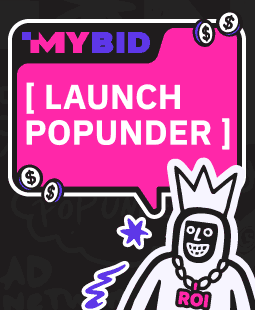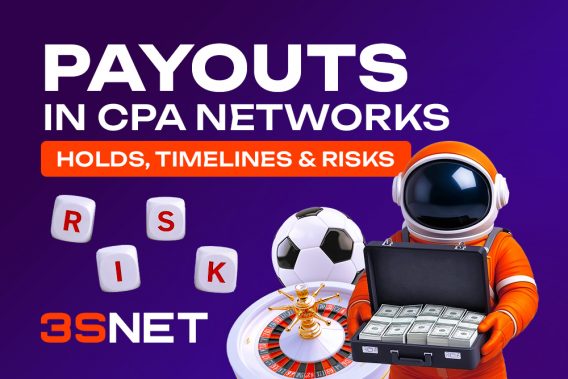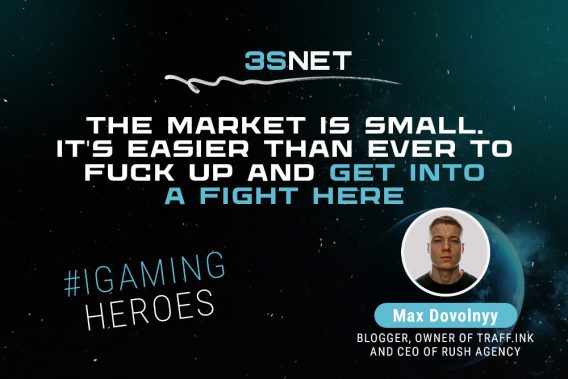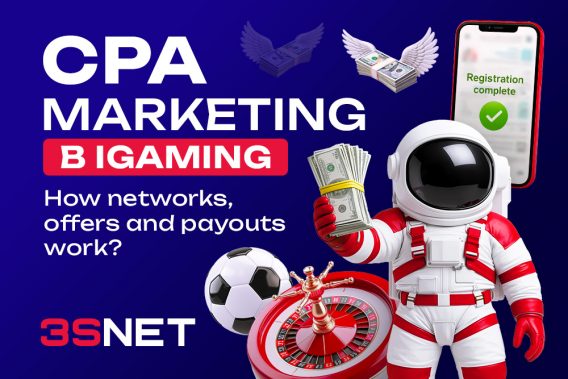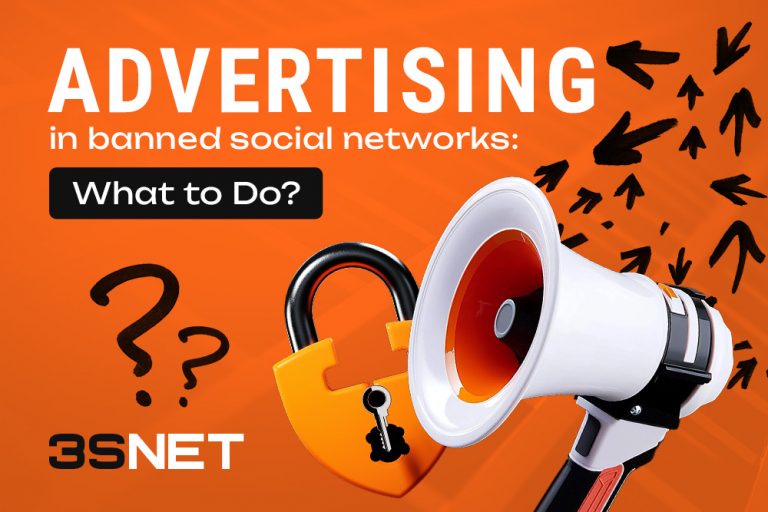
Publication date: 6 October 2025
Certain platforms and services have been blocked in Russia after being found to violate Russian legislation. The primary reason behind these blockades is their refusal to comply with Roskomnadzor’s requirements.
Key requirements imposed on foreign IT companies include:
- Localization of data belonging to Russian users, ensuring storage within the country.
- Removal of prohibited content, including extremist materials, illegal activity incitement, and fake news regarding the Russian military.
- Restricted access to resources banned in Russia, such as calls for participation in unauthorized mass events.
On 3S.INFO we break down the essentials: which social networks, messengers, or platforms are blocked, how advertising bans work, and what steps to take to ensure everything is done correctly and legally.
Which Social Networks and Services Are Banned in Russia in 2025?
In Russia, several social networks classified as extremist or undesirable organizations are officially banned in 2025. These include Instagram\* and Facebook\*, whose activities were declared extremist and prohibited since March 21, 2022.
Additionally, various restrictions apply to Twitter, LinkedIn, and messaging apps such as Discord, Viber, WhatsApp, and Telegram. Video platforms YouTube and TikTok are not officially banned but experience slowdowns, and Roskomnadzor issues warnings about legal violations when using them.
- On September 5th, the Government of Nepal imposed a ban on access to several popular digital platforms including YouTube, X (formerly known as Twitter), Reddit, LinkedIn, WhatsApp, along with Facebook and Instagram which are classified as extremist in Russia. This move sparked mass protests in Kathmandu where thousands of young people aged between 15 and 25 took to the streets expressing their discontent.
- Meanwhile, Greece aims to become a pioneer within the EU by implementing an outright ban on social media usage for citizens below the age of 16. Control will be implemented through a special app called “Kids Wallet,” enabling parents to block unwanted content directly on their children’s devices.
- For detailed information on which social networks, messengers, platforms, and search engines are blocked in different countries and why, visit our new service on 3S.INFO.
What Laws Prohibit Advertising in Social Media?
Since September 1, 2025, Federal Law No. 72 dated April 7, 2025 has come into effect, banning any form of advertising on platforms deemed extremist or unwanted in Russia. This includes prohibiting advertisements on Instagram* and Facebook* as well as other blocked resources, covering native ads, hidden integrations, and free announcements. The law applies retroactively to previously published ad content remaining accessible after September 1st, considering it a violation.
Legal Framework for Banning Ads in Social Networks (Russia, 2025)
- Federal Law No. 72-FZ dated April 7, 2025: Ban on advertising on extremist and blocked resources starting from September 1, 2025.
- The ban covers all types of advertising formats: posts, stories, reels, commercial offers.
- Additionally, advertising of VPN services used to circumvent blocks is prohibited.
Penalties for violating the ban on advertising in restricted social networks are regulated by Article 14.3 of the Administrative Offenses Code of the Russian Federation.
Fines range from 2,000 to 2,500 rubles for individuals (including self-employed), from 4,000 to 20,000 rubles for entrepreneurs and officials, and from 100,000 to 500,000 rubles for legal entities. Both advertisers and distributors of advertising content are held responsible.
What Types of Advertising Are Prohibited in Blocked Social Networks?
In Russia, in 2025, advertising in social networks refers to information aimed at attracting attention to goods, services, brands, sellers, manufacturers, results of intellectual activity, or events, as well as forming or maintaining interest in them and promoting them in the market. Such information does not constitute reference-informational or analytical materials and is not private notices posted by individuals or legal entities unrelated to entrepreneurial activities.
Advertising encompasses publications, posts, stories, reels, any mentions of products and services perceived as recommendations or stimulating interest, as well as promo codes and commercial offers.
Therefore, any targeted promotion of interest in products or services distributed through social networks falls under the definition of advertising and is subject to regulatory standards, including mandatory labeling and compliance with bans on restricted platforms.
Starting from September 1, 2025, the following advertising formats are prohibited on social networks designated as forbidden and extremist (such as Instagram, Facebook):
- Posts containing promotional content;
- Stories promoting goods and services;
- Reels (short videos) carrying an advertising message;
- Reposts of advertising materials;
- Affiliate links directing to commercial websites or promotions;
- Collaborations and partnerships with influencers involving product/service promotion;
- Posts and stories featuring discount codes, sales, or commercial offers;
- Any content encouraging interest or prompting purchase, order placement, or registration.
Maintaining pages and posting non-commercial content, such as reviews without calls-to-action or neutral descriptions, remains permitted. However, publishing any content with direct or indirect signs of advertising constitutes a violation and is subject to fines.
How to Organize Your Content on Social Media: A Guide
We have prepared a step-by-step guide to bring your social media content into compliance with the law prohibiting advertising on banned social networks effective from September 1, 2025:
These steps will help ensure compliance with the law prohibiting advertising on banned social networks and prevent fines ranging from 2,000 rubles for individuals to 500,000 rubles for legal entities.
* Social networks Instagram and Facebook have been blocked in Russia by court decision.
Share it with your friends via favorite social media


